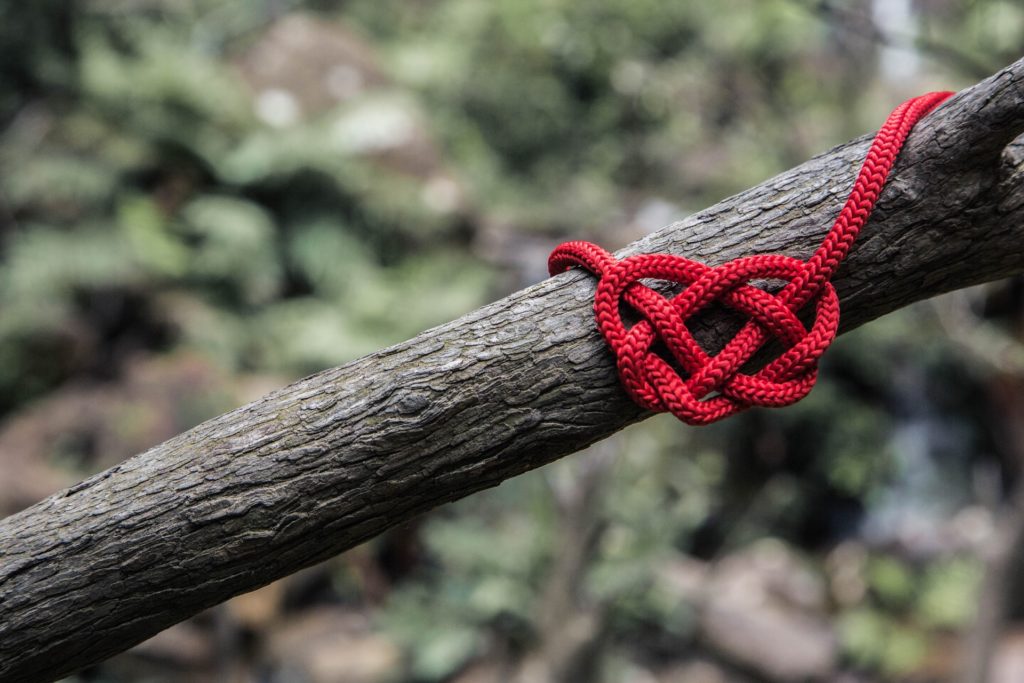
What do you do when you meet someone you like, you start dating but there’s a few things about them that make you feel uneasy?
The honeymoon period
You might even find yourself trying to justify some of the behaviour, despite that nervous feeling in your stomach. ‘When we are in love or when we are infatuated, we tend to lose our judgement,’ says esteemed US couples therapist Stan Tatkin.
Commonly, this is when we are most likely to ignore red flags in a relationship.
Renowned psychologist Guy Winch cautions that people be alert to these early on. ‘If this is happening…if you’re in this romance/honeymoon period of the relationship, that’s as good as the behaviour gets,’ he says.
No one should tolerate abusive behaviour, there is no excuse for this, and it is the biggest and most dangerous red flag. Here are some of the most common:
- Badmouthing exes – constant, consistent criticism of all their ex partners, it was never their fault etc. Implies they didn’t learn much from the past relationships, and will probably badmouth you, too.
- Your friends and family don’t like them – Instead of getting defensive, try to be curious about this, especially if a number of trusted loved ones have concerns.
- Drink or drug binges/issues – BIG red flag. Often people find themselves in a distant second place to addictive behaviour and all the chaos that comes with it.
- They’re jealous/controlling – Sometimes this can feel endearing at first – don’t be fooled, it’s emotional abuse and doesn’t bode well.
- They come on strong and make a lot of promises early on – When it’s moving at the speed of light in the honeymoon period it can feel intoxicating, but if it feels too good to be true, it probably is.
- Lack of respect/disregarding your boundaries – Mutual respect is crucial in a relationship, no means no etc.
- They can’t apologise/think they are always right – Being able to apologise is a sign of maturity. Apologies are not about who is right and who is wrong, they’re about acknowledging your partner’s feelings and validating them, whether you get it or not.
- They’re very secretive – either about you and the relationship, or with their phone, and introducing you to family and friends. Relationships require honesty to flourish.
When it keeps happening – patterns
What if you feel you are constantly getting involved with, or attracting partners with similar traits? It could indicate that for various reasons, your inner radar is a bit off, or as trauma psychologist Ursula Benstead states, you need to strengthen the ‘bars of your shark cage’.
Each bar represents a basic human right or boundary that gets built – for example, when we are taught by a care giver that being called names or being hit is not acceptable, it’s one strong bar in the building of the cage.
‘The world is a big, beautiful ocean. There are lots of beautiful, colourful, harmless and friendly fish and there are sharks too – lots of them! They are more present in some waters than others, but they are everywhere. They are predators and they are dangerous. To survive in this ocean, you need a good Shark Cage.’ (The Shark Cage, Ursula Benstead)
Unfortunately, a lot of people tend to blame themselves for others’ bad behaviour. It is imperative to move away from self-blame and learn about what a healthy relationship looks like. That is often where a good, trained relationship therapist comes into the picture. If any of this resonates with you, please get in touch 😊
